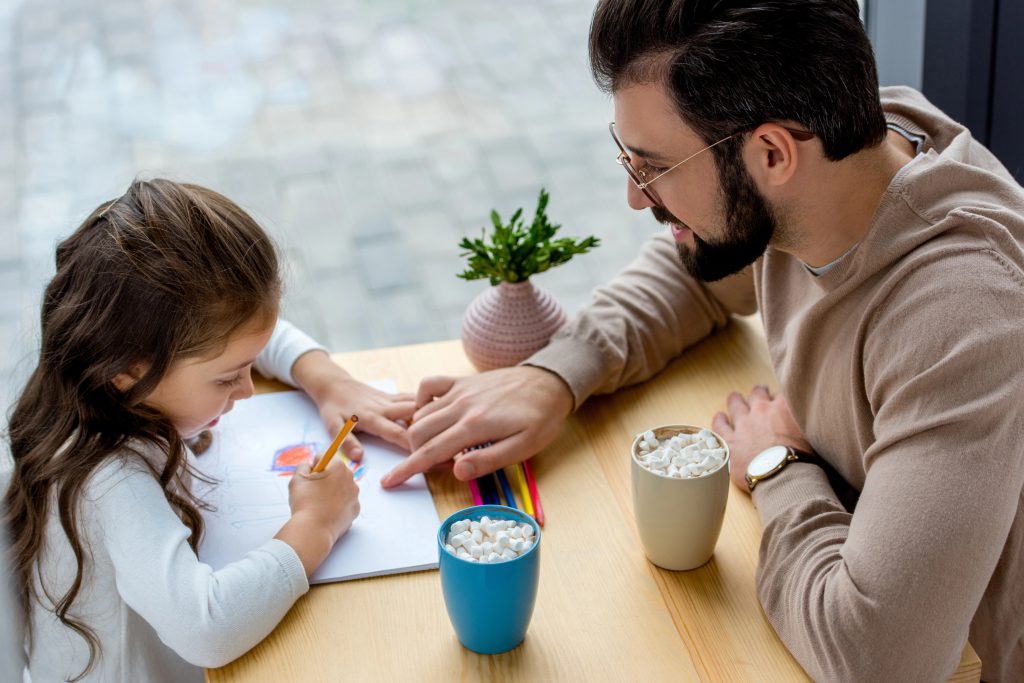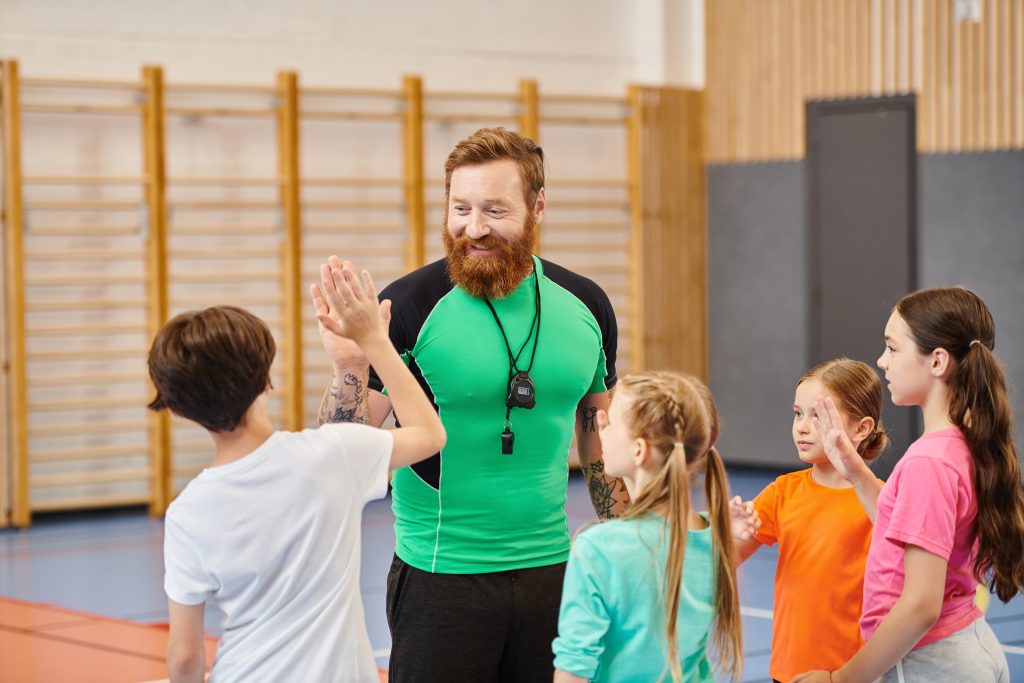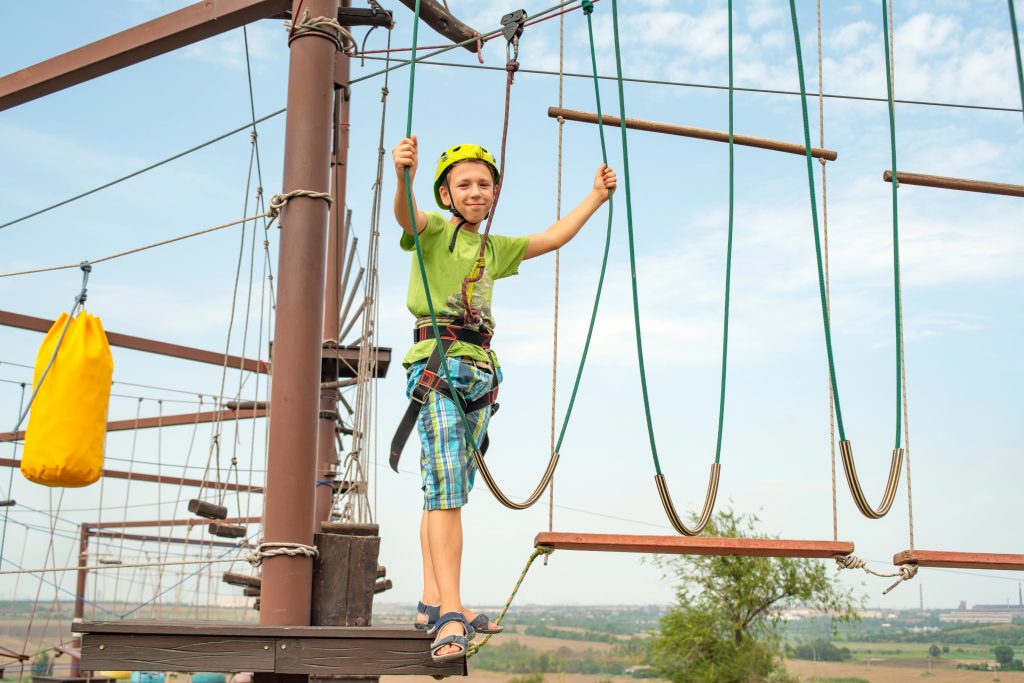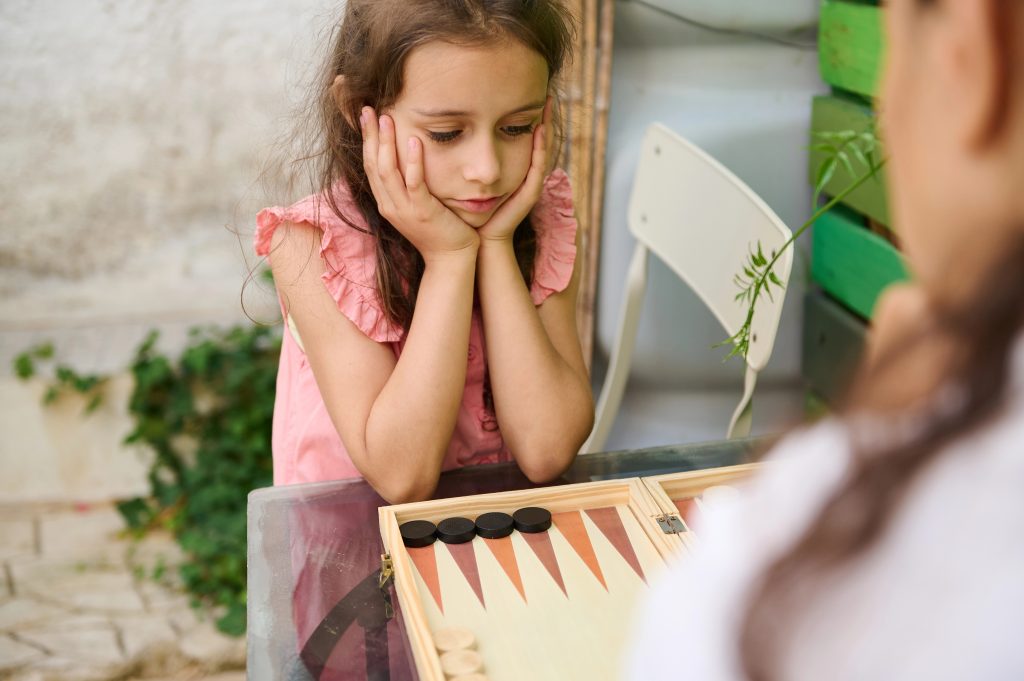
“10% to 20% of children and young people worldwide are estimated to have had mental health issues,” states a systematic review in 2023 in the International Journal of Environmental Research and Public Health. That’s a lot, and it also means a lot about how important it is for parents to give their children more than book smarts.
But here’s the good news: those old-school, life-is-maybe-a-tad-easier-that-way skills your own parents probably prided themselves onconfidence, body control, and common sensearen’t obsolete after all. Not only do they promote self-reliance, but they’re also scientifically connected to greater resilience, improved mental health, and overall well-being. Ready to learn which life skills are worth sharing down the generations? Let’s explore the timeless skills that equip children to thrive in today’s world.

1. Creating Flawless Confidence
Self-confidence is not a nice-to-haveit’s a basic skill that allows kids to be willing to take on challenges, recover from setbacks, and believe in themselves. Parents can build it by offering children chances to do things by themselves, celebrating their effort (and not results), and providing them with the chance to figure things out by themselves. Since one of the advantages of life skills training is assisting children to develop self-confidence and resilience to adapt to whatever comes their way in life, such individual experiences establish long-term self-confidence.
Additionally, the study also demonstrates the connection between mental health and self-esteem: a 2023 systematic review found that life skills interventions grounded in self-awareness and self-esteem can decrease depression and anxiety among children. That is, all that daily pick-me-ups and trust that you’re providing your child? They’re building a resiliency foundation that will last a lifetime.

2. Educating Body Integrity and Autonomy
Educating children that their bodies belong to themand that they have the right to set limitsis redefining respect for themselves and safety. It includes respecting their “no” (even when it is inconvenient), not pushing them to hug or kiss, and teaching them the conversation about consent. Preparing them with these lessons in body integrity early on can make children less susceptible to being controlled and more likely to say no.
The concept of body autonomy is especially important in a world where kids are often told to go along with what adults say. By reinforcing that their voice matters, you’re not just protecting themyou’re empowering them to stand up for themselves in every area of life. As highlighted in life skills education, this awareness also fosters independence and personal responsibility.

3. Fostering Resilience Through Everyday Challenges
Resilience is the magic sauce that allows children to recover from setbacks, whether that is a bad day at school or one’s own life struggle. The most current research defines resilience as a “dynamic process of successful adaptation or recovery in the context of risk or a threat” (Mesman et al., 2021). So what’s so incredible? Resilience isn’t inherited by a child. It can be learned and developed throughout the duration of a lifetime.
Practical approaches to developing resilience involve promoting emotion regulation (consider deep breathing and naming emotions), promoting healthy working relationships, and demonstrating sound decision-making. As the Second Step program recognizes, “Resilience isn’t just stiff strength in the face of adversity. It’s more accurate to think of resilience in terms of surfing, grabbing and riding some waves, missing others, and while doing this, adjusting to the flow of the ocean around us.”

4. Life Skills That Prepare Children for Independence
Old-timey survival skills such as time management, money management, and just plain self-careare not only useful; they’re the foundation of self-sufficiency. Showing children how to work a calendar, prepare simple meals, or handle money provides them with a sense of agency and competence. These skills “can also have a positive impact on mental health and well-being,” reports FamilyMeans Youth Development, by enhancing self-esteem and mastery feelings.
Start small: engage your child in planning a family dinner, or prepare a savings piggy bank for a special occasion. Such “hands-on” tasks not only impart skills to adulthood, but also make them feel respected and competent today.

5. The Power of Mindfulness and Emotional Regulation
Mindfulness isn’t a buzzword for wellnessit’s a research-based approach to supporting children in managing stress, staying focused, and coping with large emotions. Researchers of a study of low-income, highly intelligent Chinese teens discovered that mindfulness and life skills were associated with higher resilience and lower emotional and behavioral challenges (Frontiers in Psychology, 2020).
Easy habits such as deep breathing, body scan, or taking a moment to observe feelings can provide children with a self-calming tool and a think-before-they-act weapon. As explained by mindfulness expert Jon Kabat-Zinn, “Mindfulness means paying attention in a particular way: on purpose, in the present moment, and nonjudgmentally.” Habits, after repeated use on a daily basis, become an emotional strength kit for life.

6. Communication and Assertiveness: Finding Their Voice
It’s not how to raise assertive childrenbut how to teach them to stand up for themselves and get through social situations in confidence. A 2023 study emphasizes the significance of “open-ended questioning and creative expression” in enabling children to develop communication skills and self-efficacy.
Role-playing, family discussion, and letting children make proper choices all build this all-important skill. With time, well-listened-to children at home mature into asserting themselves in school, resisting peer pressure, and building healthy relationships. This is a basis of resilience and self-regard.

7. Responsible Decision-Making for Real-World Success
Life is a series of making decisionssome small, some huge. Educating children to balance choices, consider outcomes, and make sound decisions is part of the formula for creating resilience. Second Step describes good decision-making as “having curiosity and open-mindedness, making reasoned judgments after analyzing information, identifying solutions for personal and social problems, and anticipating consequences for one’s actions.”
By engaging children in family decisions, asking them to think about consequences, and demonstrating problem-solving, parents are preparing independent, self-assured adults who are excellent at coping with what life brings.

8. Managing Emergencies and Unexpected Events
Being able to act in case of an emergency is a life skill that transcends “stranger danger.” It is helping children think on their feet, go to the safe adults for help, and believe in their intuition. Practicing scenarios with role-playsuch as what they need to do if they are lost or if they don’t feel at ease with a personfosters competence and confidence.
Role-playing and acting out scenarios in everyday life make children feel ready instead of scared. Hands-on learning and active experience, as described in life skills studies, are key to having these lessons take hold.

9. Self-Defense and Personal Safety
Teaching children simple self-defense is not a matter of instilling fear, but rather teaching them skills to protect themselves and feel secure in their own body. Self-defense training or martial arts can increase self-esteem, promote assertiveness, and teach them appropriate ways of de-escalating a conflict or seeking assistance when necessary.
A study in 2021 discovered that children who took self-defense training could have “better coping mechanisms and resilience against bullying.” It is not to make children fearful of the world but to enable them to handle it with information, confidence, and self-worth.
The old-fashioned ways of life are not of the pastthese are the secret ingredients to raising independent, resilient, and confident kids. By incorporating these lessons into everyday life, caregivers and parents are not merely getting children ready for today’s challenges, they’re equipping them with the resources they need to thrive for years to come. With today’s ever-changing world, these age-old skills are more crucial than ever.


